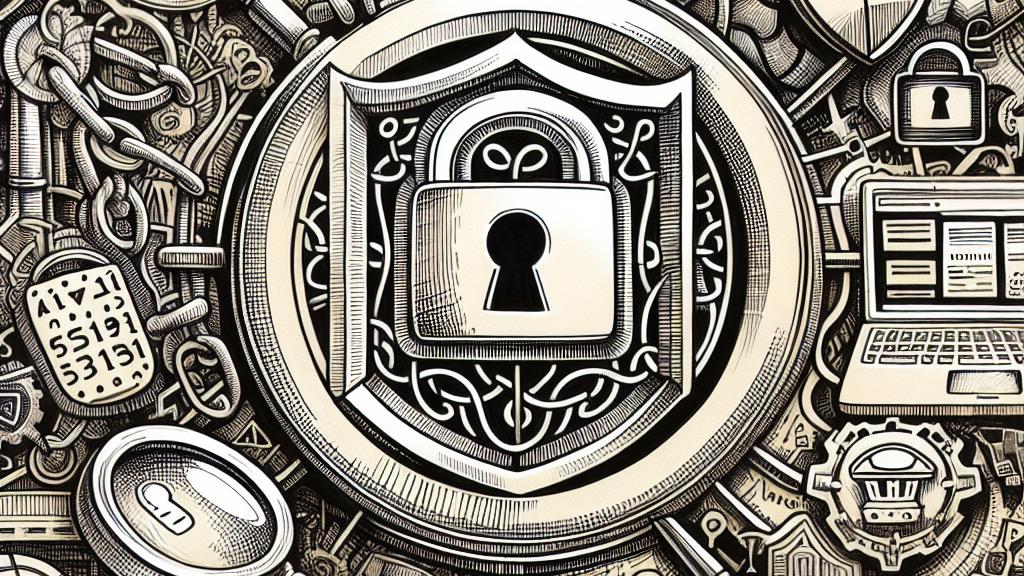Understanding the Impact of the UK Online Safety Law on Small Websites
Overview
- The UK Online Safety Law imposes strict new regulations on online platforms to protect users from harmful content.
- Concerns arise regarding the law’s potential to overwhelm small websites with compliance costs, possibly leading to their closure.
- While it aims to enhance safety online, the law could stifle creativity and diversity across the digital landscape.

What is the Online Safety Law?
In recent months, the UK has rolled out the Online Safety Law, a robust measure designed to bolster user security across the internet. This law, effective from March 16, 2025, puts forth a vital responsibility for all website operators: to evaluate and mitigate the risks associated with illegal and harmful content. Hence, whether you're running a vibrant social media platform or a small hobby blog, the expectations are clear—you need to actively monitor what appears on your site and ensure it poses no danger to your users. This fundamental shift pushes for accountability among all online providers, emphasizing a collective commitment to safety.
Impact on Small Websites
However, the real concern lies in the effects this law may have on small websites. For instance, consider a niche community like LFGSS, a haven for cyclists. It thrives on the voluntary contributions of its users, fostering connections and sharing experiences. Yet, with looming compliance costs, which could run into the thousands, many of these smaller platforms may find themselves unable to shoulder the financial burden. Take, for example, a community forum or a blog dedicated to local events—these sites often operate on shoestring budgets with little revenue. If faced with excessive regulations, they could be forced to shut down, eliminating unique voices that add richness to our digital conversations and replacing them with corporate giants who can easily navigate the regulations.
Potential Challenges and Criticism
The Online Safety Law has sparked significant criticism, particularly regarding its potential to impose heavy censorship. There are fears that, in the name of user protection, this law might stifle the very essence of the internet—liberty of expression. For instance, platforms like Wikipedia, which rely on community-driven content creation and volunteer moderators, could be drastically impacted. Under the new legal framework, maintaining compliance may overshadow the collaborative spirit of such platforms, reducing the incentive for users to share and engage freely. Advocates for free speech caution that instead of fostering a safer internet, the law might cultivate an environment of fear and self-censorship, where individuals hesitate to express their opinions or share ideas for fear of legal repercussions.
The Bigger Picture
Ultimately, while the intentions behind the Online Safety Law are admirable—creating a safer online environment for every user—it's essential to evaluate its broader implications. The challenge lies in striking the right balance: how can we ensure user safety without compromising the freedom that fosters innovation and dialogue? As this law comes into effect, we must advocate for a nuanced approach, one that champions safety without sacrificing the rich tapestry of diverse perspectives that make our digital world vibrant. In navigating these complexities, we must remain vigilant to protect the delicate equilibrium between necessary regulation and the protection of free expression, ensuring the internet remains a space where all voices can thrive.

Loading...